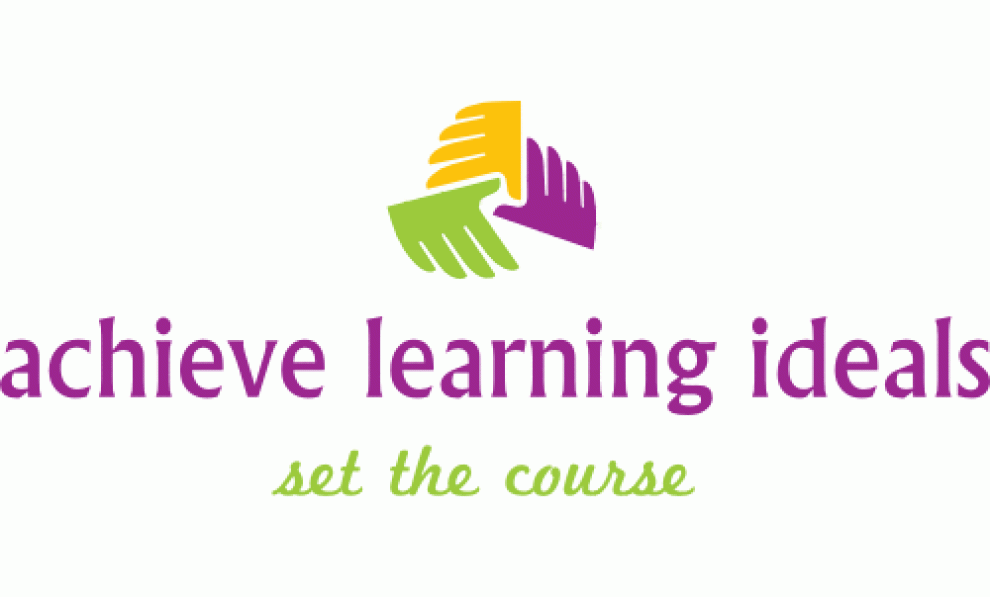The word just hung there:”ma’am?”; non confrontational, a simple inquiry yet the word startled. And as someone who deals in words, teaching, explaining, cajoling, always, always, encouraging (learning entails growing -yes?) was surprised by own reaction: recoil! BAM a word that shouted “older now” so – time for a little perspective:
Kids are now young adults 🙂
experience is a great teacher : I have a lot of experience
milestones are meant to be celebrated-
and laughing remains the best medicine, so…I laughed and realized the shop-clerk was right- “ma’am” it is, and no offense meant or taken. But how often over the course of a day do the little encounters add up, and help make or break our energy level. Labels do have meaning, and in the education system, labels are what students hear a lot.
“Is this a test?” ( translation: does it count? will we be judged?)
“special” – loaded as a term – helpful for administrators and parents to categorize and access resources/ hurtful is misused
“common core” in the States, “EQAO” in Canada, basic standards for determining levels of “right” reproduction of knowledge; ask a learner to submit a reflection piece = asking a learner to demonstrate his/her ability to problem solve, today’s “authentic knowledge”- to connect his/her own experience with whatever was/is the topic at hand. And this means exposing feelings, something schools do not appear to have been great about encouraging.
When I review the arguments for or against the Humanities, dearth of job prospects (versus what may exist through studying the hard sciences- actually we all know the real need today is for skilled workers-period), countered by (the)need to develop caring, empathetic human beings as fully reflective and creative as can be I am reminded of how filled with connotative dissonance the arguments are. Just like “ma’am” had the power of suggesting an image I wasn’t sure I was ready for, the suggestions that “hard sciences” may be harder does a giant disservice to those practicing within the Humanities. Scientists needn’t be cold and unfeeling, liberal art majors needn’t be social butterflies, and years of teaching and learning has brought home the very real message that hard is linked to difficult for most people- when in fact what we find difficult may be one of two things- something we do not have a natural aptitude for and/or something that has not been clearly explained, step-by-step, to become if not adored, at least doable. Harvard Professor Howard Gardner* wrote a thought-provoking book on the importance of learning a discipline thoroughly and how it comes to follow that through learning one thing well, other things will need to be looked at and studied as well. No vacuums, but interactive communicative skills that allow for interdisciplinary meeting and sharing of both ideas and ideals.
To be of service when parents and older students ask for suggestions regarding post secondary school choices, my responses return to the questions of “so what” and “now what”; really- how would this decision affect you? how could this decision allow for growth/change and dare I use it? authentic learning. Marks versus goals, labels versus dreams. “everyone/no one is going there”- so what? is this a positive for the learner or a negative? Social aspects of a learning environment do affect outcomes – but- as one grows so may ones social needs change. “Now what” may involve the filling out of forms- or simply the making it through a waiting process- one thing I know for sure- the “Then what” is part of the dream making. What ever else we may be doing as educators – and with thanks to a great educator who is celebrated and honoured today, the third Monday in January, let us make sure we leave room for the dreams –
For full speech of Martin Luther King’s I have a dream: http://www.americanrhetoric.com/speeches/mlkihaveadream.htm
*http://www.amazon.com/The-Disciplined-Mind-Standardized-Education/dp/0140296247
